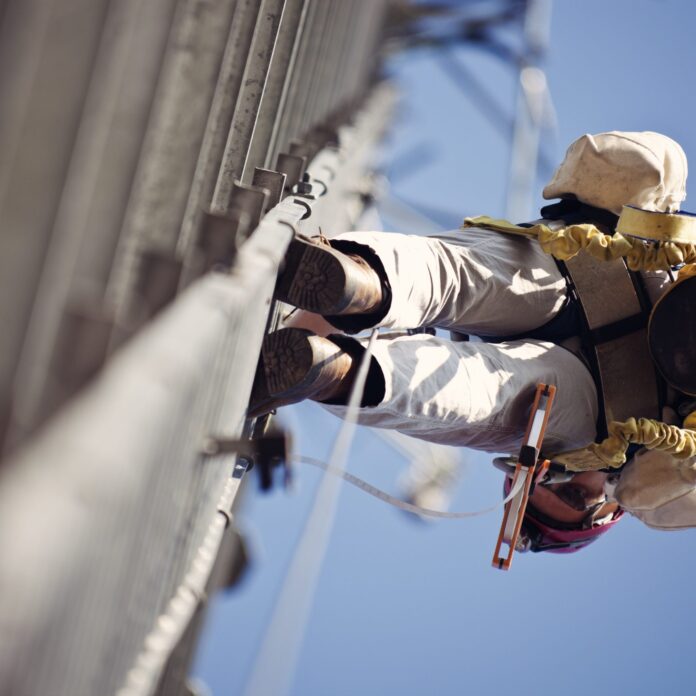Americans want mobile broadband, and they want good jobs with potential for growth. The wireless industry can deliver both, but only if adequate training is available for the workforce.
Department of Labor, FCC announce wireless apprenticeship program
Right now, thousands of wireless infrastructure jobs are going unfilled because workers have not received adequate training, according to PCIA President and CEO Jonathan Adelstein. PCIA – The Wireless Infrastructure Association is orchestrating the Telecommunications Industry Registered Apprenticeship Program (TIRAP), following up on its mandate to professionalize the wireless workforce by establishing curriculum and standards for training.
The TIRAP marks the first time that a Department of Labor certification for registered apprenticeships has been awarded to an industry consortium. The TIRAP was announced Oct. 14 by the Federal Communications Commission.
Companies that compete in the marketplace are cooperating in the development of TIRAP apprenticeships. American Tower, Crown Castle, and SBA Communications are all involved, as are CommScope and construction and service companies Midwest Underground Technology and Shenandoah Tower Services. Scott Kisting, SVP at Midwest Underground Technology, will serve as chairman of the TIRAP’s governing board.
Warriors 4 Wireless will also help coordinate apprenticeships. Warriors 4 Wireless is a nonprofit group that helps veterans find jobs in the tower industry. Safety equipment manufacturer GME Supply Company will also be involved in developing the apprenticeship programs, as will the National Association of Tower Erectors’ Safety Task Force.
Climber safety was very much in the spotlight in Washington yesterday, as the Federal Communications Commission and the Department of Labor heard from a number of wireless industry stakeholders at the agencies’ first tower climber safety workshop. Commissioner Mignon Clyburn addressed the audience, saying that according to the Occupational Health and Safety Administration, every climber death since 2012 has been a preventable accident.
Clyburn said that the FCC “may need to keep regulatory options on the table” in order to address safety issues. Currently, the work that PCIA and industry leaders are doing to standardize training are seen as a government-funded private sector alternative to regulation.
Last week the Department of Labor said it will fund college-level training for jobs in the wireless industry. Virginia State University won a $3.25 million grant from the Department of Labor to fund job-specific curriculum for the wireless industry. $750,000 of this is earmarked for the establishment of standards for wireless training programs, and certifications to enable workers to meet those standards. That initiative which will be spearheaded by PCIA and executed in partnership with tower companies, carriers and infrastructure services providers. In addition, Aiken Technical College in South Carolina won a $2.5 million DOL grant to further its training work with Warriors 4 Wireless. PCIA sees the apprenticeship program announced this week as a complement to academic training.
“Training may begin in a classroom, but it has to continue in the field — especially in industries like ours — through well-crafted apprenticeships,” said Adelstein. Upon finishing the TIRAP training program, an apprentice will earn a Completion of Registered Apprenticeship certificate, a nationally recognized credential that validates a worker’s technical proficiency in various areas.
Follow me on Twitter.

